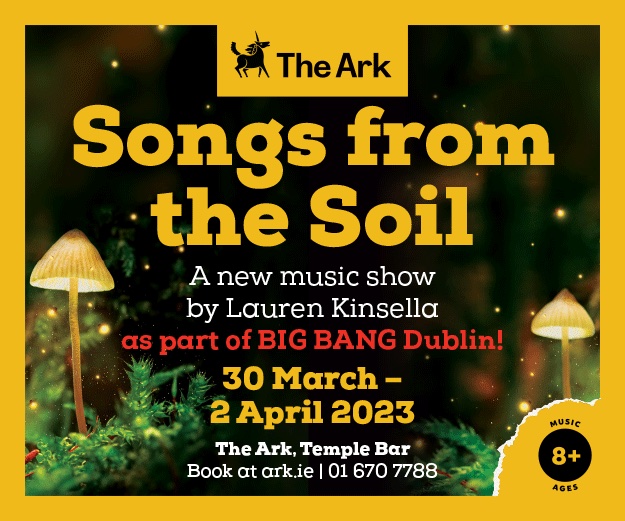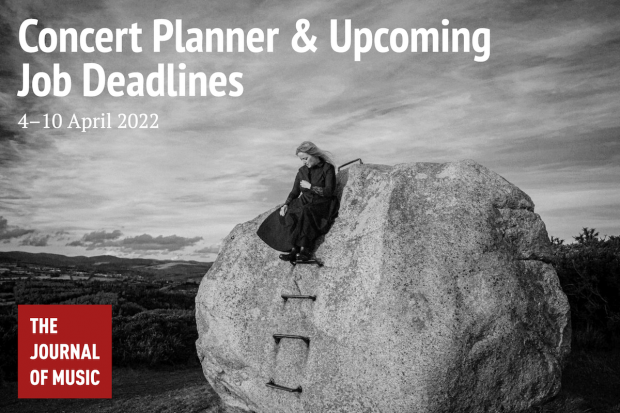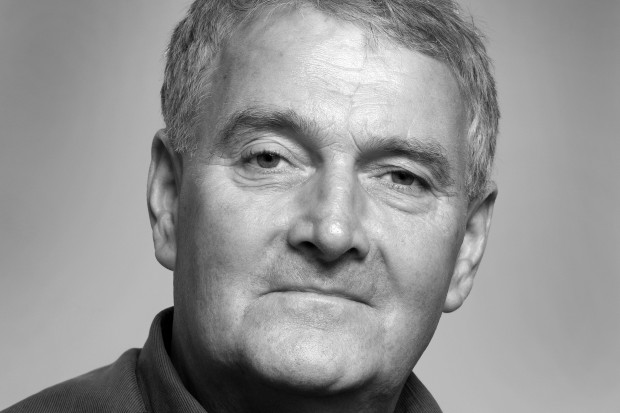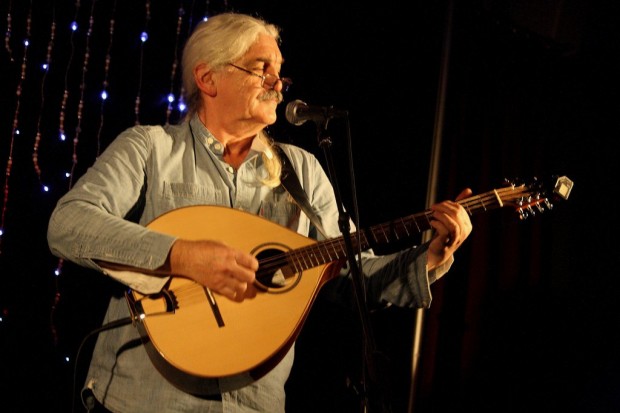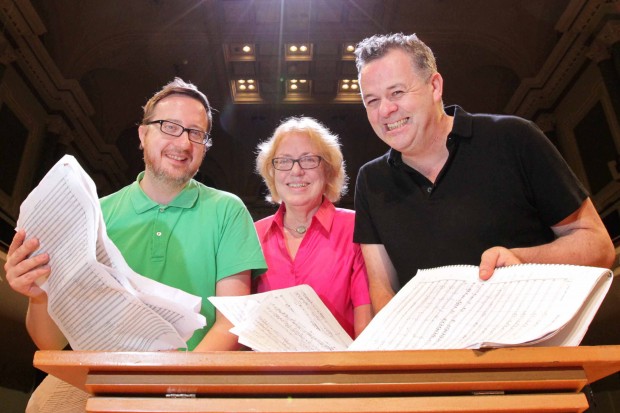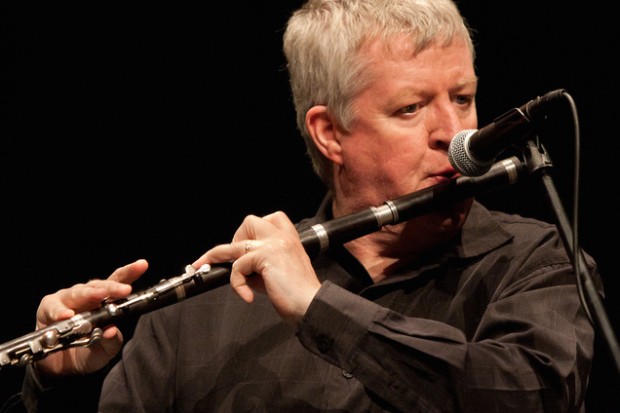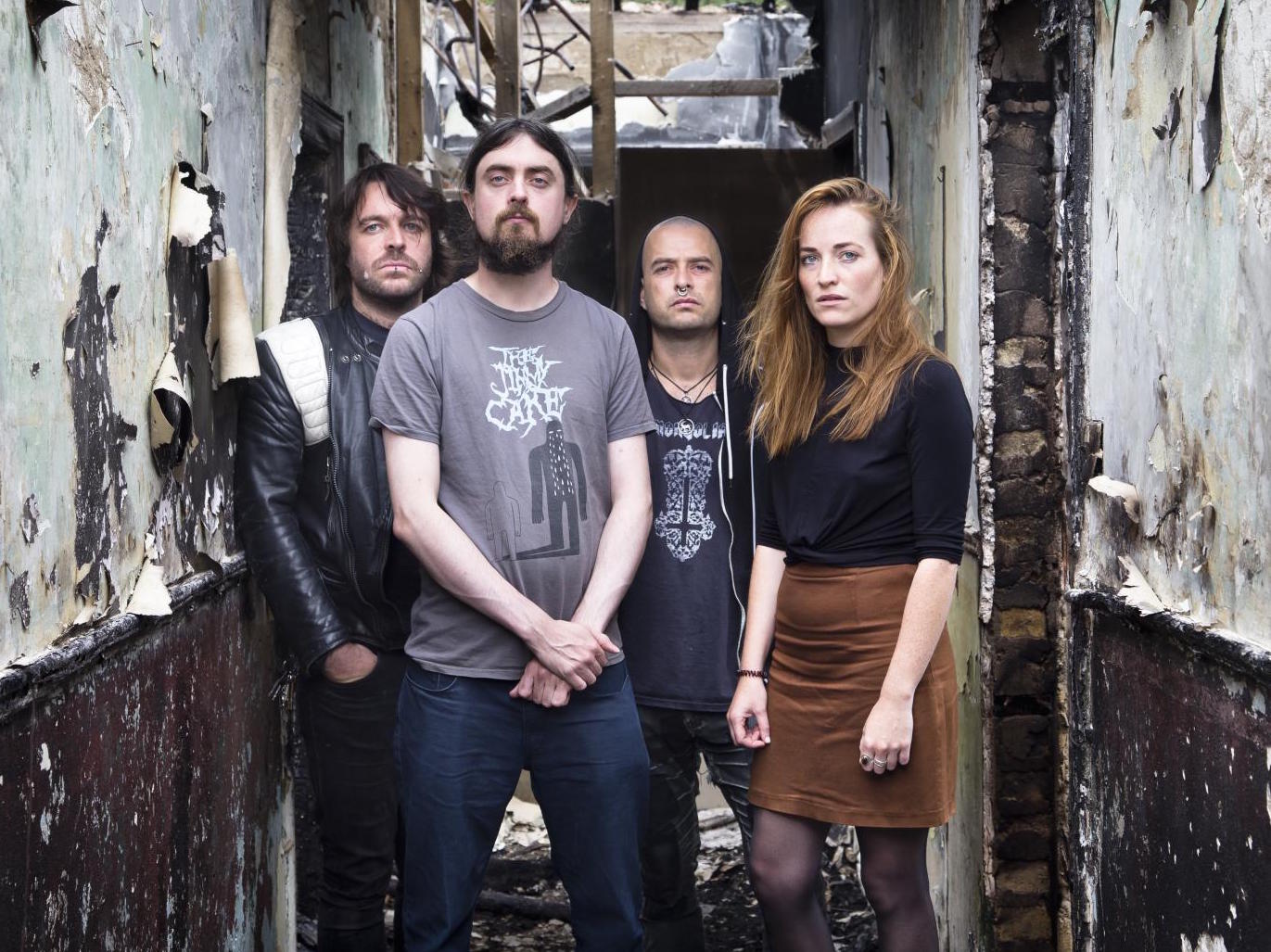
Lankum
Why We Should Be Listening to Folk Music
Ever since the new RTÉ Folk Awards were launched in May, I’ve been thinking about what ‘folk music’ means to audiences now. Up until recently, the phrase ‘traditional music’ was the prevalent one in Ireland because the word ‘folk’ had become so commercialised in the 60s and 70s that musicians had moved away from it. But now ‘folk’ as a descriptive term is back, influenced by its popularity in the UK and the USA, and it is used to describe an ever widening range of musics, from indie-folk to atmos-folk. It would be easy for its meaning to get entirely lost. And yet there are things happening in the world right now that should remind us of one of the most important characteristics of folk music, and compel us to listen to it much more carefully.
The economics of folk
One of the reasons ‘folk’ has been caught up in social and political movements for change over the decades is because of the economics of the music. Folk is pared-down music; it’s mainly played in pubs and at modest-sized festivals. It doesn’t sell like other musics, it doesn’t have the big performance infrastructure to absorb a lot of funding, and it doesn’t scale economically like pop, rock and classical music and opera do. Even when folk singers become quite well known, they are still playing in small venues and festivals up and down the country, still playing acoustic music in small ensembles because that’s the folk idiom, and often performing in sessions and concerts, and on television and radio, for free. Because of these economics, folk singers are grounded in the communities in which they play, and they often perform or write songs that capture the challenges facing those communities. When folk music reaches a wider audience, therefore, it can contain a picture of ordinary people’s experience of society, the kind of reality that can’t be squeezed into news website headlines, tweets and political discussions on television.
We have heard a lot of public discussion over the past few years, saying that nobody saw Brexit coming, nobody saw Trump coming, and nobody foresaw the rise of right-wing politics, but that’s not entirely true when it comes to folk music. English folk musicians sensed the shift early on and set up an organisation called Folk Against Fascism in 2009, just after the economic crash, because they were concerned at folk music being manipulated by the British National Party. It wasn’t called the rise of populism then, but, clearly, that’s what it was. Similarly, even earlier, on the album Rough Music in 2005, the English folk singer Eliza Carthy was singing about ‘a shift to the right’ with Billy Bragg’s song ‘King James Version’. I can remember listening to that line, and there was a power to it that seemed to capture the intensity and blindness of the economic boom and its self-referential logic.
Cultural disarray
What was happening? A confluence of things, with inequality at its heart. Around the time that Carthy was singing about a ‘shift to the right’, the folk singer Chris Wood was writing in this publication about what he called the ‘deep-rooted cultural issues in England’. He could feel the rifts emerging and he made a plea for a much deeper conversation around what was happening. In 2005 in the Journal of Music, he wrote:
…a chequered, bellicose, imperialist past has left us lurching from ‘Land of Hope and Glory’ to banning black bin-bags (because somebody associated ‘black’ with rubbish) in the space of only a couple of decades. I am among those who believe that England’s highly developed adherence to political correctness stems from a sense of guilt, that it is a sign of cultural disarray, and that the time is approaching when we must move towards something more meaningful.
It’s rare that a folk singer articulates what is happening in this way. Generally, they address issues by either re-interpreting the songs of the past, or they write new material in a folk idiom. Wood was doing both. His album the same year, The Lark Descending, in direct opposition to Vaughan Williams’ The Lark Ascending, gives clues to this ‘cultural disarray’. On his song ‘Albion’, he tells of finding a suicide in his local park, and he juxtaposes it with images of parents in the playground with college prospectuses in their hands. It’s a portrait of a conflicted society and he accompanies it with this ticking-clock strum on the fiddle and keeps repeating the line, ‘Albion, I’m home sick now, though I live in the town I was born in’. Was this the sound of resignation, or foreboding? It was hard to tell, but we know now.
When the crash came, Wood sang ‘The Cottager’s Reply’ at the BBC Folk Awards, a rebuke to the idea of economic growth at all costs, a frustrated retort to the prevailing discourse, but with still no sign of any change coming. In the final line of the ballad, a rural cottager tells a wealthy man who is trying to buy his land to simply get lost back to the city: ‘London’s about four hours for me,’ says the cottager, ‘ but in your four-by-four you’ll do it in three.’ Wood pauses with a ‘ffffffff’ in the second ‘four’ and hisses in disgust at what was happening around him.
None the Wiser
Four years later, and three years before Brexit, Wood released None the Wiser. The title track showed just how things were playing out in post-crash Britain. It’s a portrait of pre-Brexit UK that is musically beautiful but shocking. Wood works his way through image upon image of people feeling locked in on all sides:
Out here in our market towns with our pound shops and our bookies, the Argos catalogue is our tormentor… / Someone’s daughter’s selling phone sex just to pay her student loan back. She does her best to emulate the sound of choking.
Was there any way out for British society at this stage? Not in 2013, the disillusionment of the economic crash rampant. ‘I just had my monthly meet with the job club supervisor’, Wood sang. ‘As she signed me off, I was none the wiser’. ‘So I got my repeat prescription for my favourite tranquilliser. Soon as that kicks in, I know I’ll be none the wiser.’
Media bubble
After the crash, we often heard the phrase from politicians and commentators that ‘anger is not a policy’, which generally sums up how seriously they took what was happening. They only understood policies, not people. It was the people’s response that really confused them. They couldn’t understand why voters would engage in acts of such self-harm as Brexit and Trump, or why they would vote for populist leaders. Do they not know the damage it will do to themselves, the media bubble asked. Perhaps they did, but up until then people were doing everything they were asked and still struggling. The crash confirmed the dice were loaded against them. They clearly saw no way through. In the very same month as None the Wiser was released in 2013, the singer Richard Dawson from Newcastle issued his album The Glass Trunk that contained the song ‘Poor Old Horse’. It tells the tale of a horse being axed and knifed to death by three men before they go home for a ‘nice hot bath’ and to see their loving wives and kids. Dawson delivers it with no accompaniment and lets his voice almost break down in the middle of the song. It’s an incredible performance, but you have to wonder where such a dark morality tale comes from, this juxtaposition of violence and privilege. It’s based on a poem from 1791, but it equally comes from a dark time in contemporary Britain.
The singer Jon Boden also imagined a troubled UK. He released an entire concept album, Songs from the Floodplain, in 2009. It explored a future dystopian society and the role that the assault on truth would play in getting us there. In the chorus to ‘Dancing in the Factory’, he writes about how we ‘cling to words like children’, ‘Long after sense has ceased to be and reason is receding’. ‘Words,’ Boden sang about his imaginary future, ‘have torn this world apart and left us stooped and pleading.’ Does that sound familiar?
Out of touch
So what does this mean for now? Like anyone else, when I was listening to these songs over the years, although their words seemed to capture something of the time, it was still difficult to imagine how things would develop. Our media spends so much time over-analysing the soap-opera of politics and economics and following around out-of-touch celebrities and politicians, it’s no wonder we miss what’s happening. Yet music, and arguably folk music in particular, does have a window on our communities. There is a case to be made for listening much more closely to the folk music that is around us.
One of the most popular folk groups in Ireland at the moment is Lankum, who have won several awards at both the RTÉ and BBC folk awards this year. When you listen to their albums, what is striking is how all the frustration that was evident in English folk music for years is now bubbling up in Irish folk too. Notwithstanding the enduring work of artists such as Andy Irvine, Paul Brady and Christy Moore, and Damien Dempsey’s ‘Colony’ and ‘Ghosts of Overdoses’ in the early 2000s, this kind of edgy, counter-cultural social commentary just hasn’t been a part of Irish traditional and folk music for years.
‘We look for signs that Dublin’s heart’s still beating,’ Lankum sang in post-crash Ireland in 2015 on Cold Old Fire. ‘We see the cracks under the foundation, and when did we agree to live and lie and die in embers of a cold old fire nobody remembers?’ They also recorded Robin Williamson’s anti-war song ‘Cold Days of February’, with its acid lines, ‘Some clerk with papers and his pen/Some banker with his poison pity… these fan the flames that maim the cities.’ The album ends with a secret track in which the band play a cacophonous version of the reel ‘Boys of Ballisodare’, with all four playing in different keys.
On their latest album, Between the Earth and Sky from just last year, the performances are even more striking. ‘What Will We Do When We Have No Money?’ and ‘The Granite Graze’ sung by Radie Peat are uncompromising portrayals of the disenfranchised, filled with exasperation and dispirited too. Whereas Paul Brady and Christy Moore in the 1980s could imagine a better Ireland beyond violence, ‘I want to talk you to the island, and trace your footsteps in the sand’ (Brady), ‘The road I take will show the world the suffering that goes on’ (Moore), and Andy Irvine is always indomitable, ‘All of you fascists bound to lose!’, Lankum’s songs are full of hard lessons and regret. The longest, saddest song on the album ‘The Turkish Reveille’ tells an epic tale of a sailor who tries to do everything to get on but is ultimately betrayed by his captain and sinks down in the ‘lonely, lonesome water.’
Is all this music significant? If today’s folk music is finding new young audiences, if it’s speaking to them, and for them, then that is important, but who else is listening? Where there is talk of the future, in ‘Déanta in Éirinn’ (‘Made in Ireland’) written by Lankum’s Ian Lynch, it’s societal unrest that awaits:
In the Dáil [Irish house of Government] sit the pimps, we are the whores,/We cannot lie back and take this anymore,/Things must come to a head in ould Éireann!
The economics of folk music mean that folk singers can often articulate things in a direct way that we won’t hear elsewhere, and probably things we don’t want to hear. History has shown us that societal unrest throws up significant voices. In these fractured times, now is the time to listen.
Listen to a Spotify playlist for the songs mentioned in this article here.
Published on 29 November 2018
Toner Quinn is Editor of the Journal of Music.









